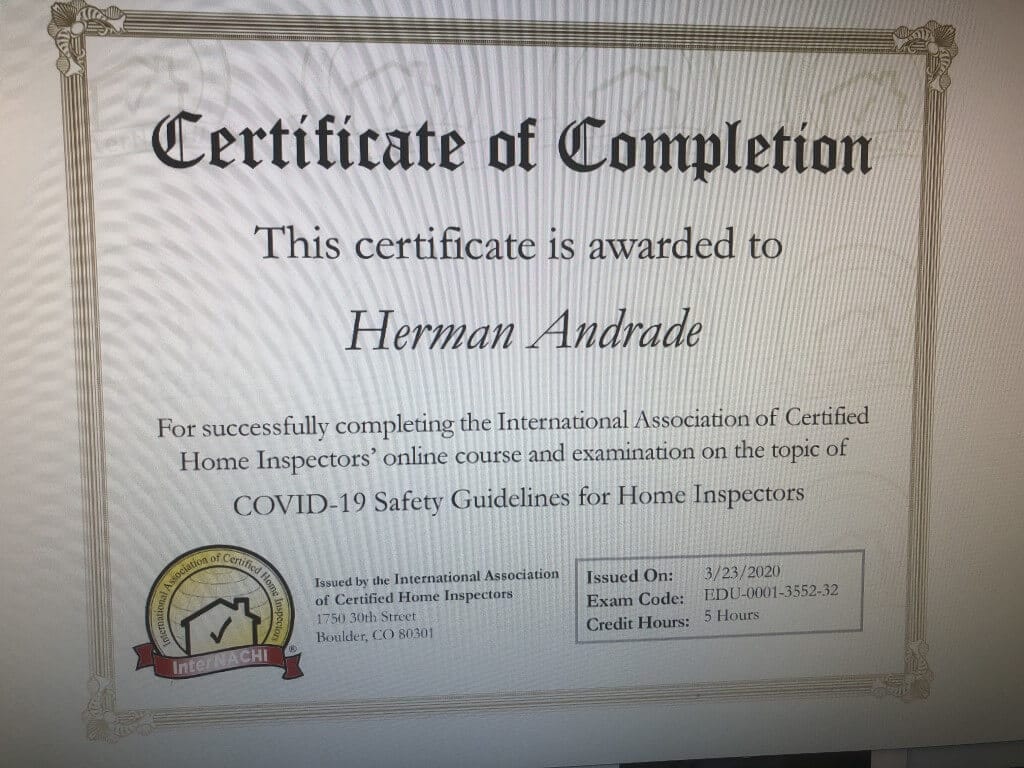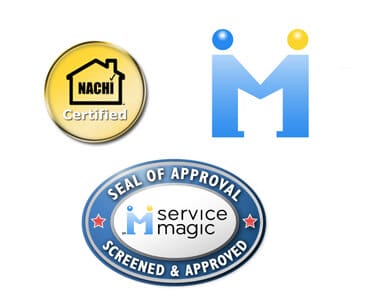Residential & Commercial Inspections — same‑day digital reports, drone roofs, thermal imaging.
Rated 5 out of 5 stars 200+ reviews



All of these pictures on this website have been taken at previous Checkmark Plus Inspections.
If you’re looking for an experienced home inspector E‑Mail Herman Andrade at admin@checkmarkplus.com or Call (201) 658‑8207.
Clear planning, complete inspections, and negotiation-ready reports — tailored to New Jersey & New York.

We coordinate with your agent and sellers, align on access, and walk you through what we’ll inspect. You’ll get a pre-visit checklist and bilingual support (English & Spanish).

Structure, roof, electrical, HVAC, plumbing — plus drone roof imagery and thermal scans where helpful. Same-day digital report with photos and a prioritized summary.

Add-ons for smarter decisions: WDI/termite, radon testing (partner RAdata, Flanders NJ), and optional sewer scope. We include repair recommendations to support negotiations.
A home inspection is a vital part of a home purchase. We are certified by InterNACHI to perform home inspections following recommendations of the CDC and local public officials.




Founded by Herman Andrade, Checkmark Plus delivers thorough, unbiased inspections across New Jersey and New York. We combine hands‑on expertise with technology like thermal imaging, drone roof surveys, and digital 360° reports to give you clarity and confidence.
Trusted home & commercial inspections with add‑ons:
Termite (WDI), Radon testing, and Commercial property evaluations.

If you are buying a new home for your family or purchasing a property that will house tenants, you need a licensed home inspector with knowledge of physical defects. You will receive a computer-generated home inspection report describing potential problems. The report will include details about every part of the house, summaries, and pictures.

Consider a termite inspection to test for the presence of wood-destroying insects. Your inspector will view the entire interior and exterior of the property, especially areas where wood contacts soil. You will receive a computer-generated termite inspection report describing his findings.

Radon is a radiactive gas that has been found in homes all over the United States. It comes from the natural breakdown of uranium in soil, rock, and water and gets into the air you breathe. Radon typically moves up through the ground to the air above and into your home through cracks and other holes in the foundation.
All of these pictures on this website have been taken at previous Checkmark Plus Inspections.
Aerial roof survey — safer, faster, more complete.
Drone inspections and surveys of difficult‑to‑access structures deliver a safer, more efficient process and more accurate results.
